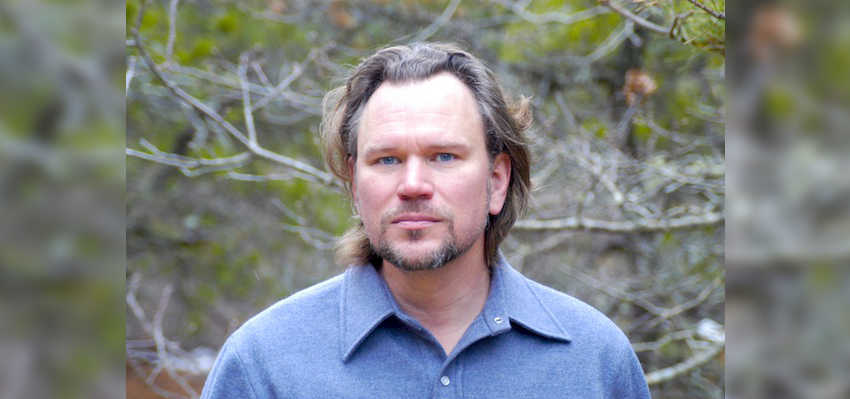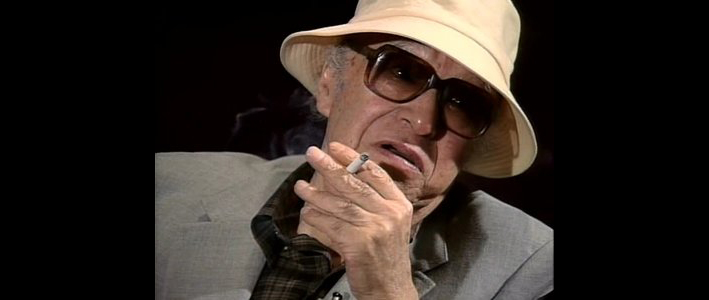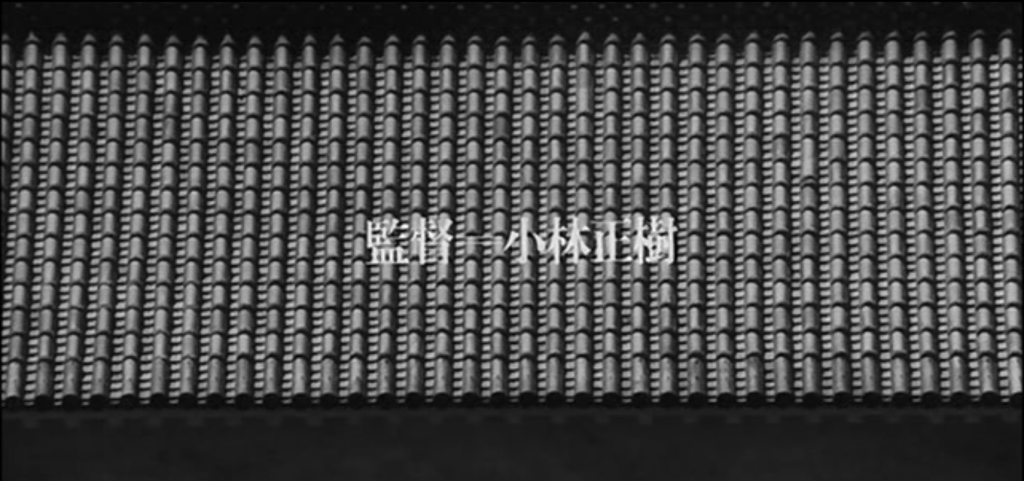
Five years! Five whole years! That's how long Hell Is For Hyphenates will have been running when our next episode is released at the end of the month. That's a whole lot of guests, a whole lot of filmmakers, and a frankly insane number of films. Which is just how we like it.
Joining us to celebrate the occasion will be our special guest: screenwriter Mark Protosevich. Mark has worked on 2000's The Cell, 2006's Poseiden, 2007's I Am Legend, 2011's Thor and 2013's Oldboy. He's also worked with Steven Spielberg on the fourth Jurassic Park, and wrote the script for the unproduced Batman Triumphant, which would have been the fifth instalment of the Tim Burton/Joel Schumacher series of Batman films.
We're delighted to have Mark on the show, and equally delighted at his Filmmaker of the Month: Japanese filmmaker Masaki Kobayashi!
It wasn't the filmmaker he chose that got us excited (although we are very excited to explore this little-discussed ouvre). It was the part of his email:
I woke up this morning and knew exactly which director I wanted to choose – Masaki Kobayashi. HARA KIRI is one of my top ten favorite films of all time. That’s not hyperbole. Also, I feel he’s not discussed as being in the ranks of the great directors, and I fully believe he is. Not just in terms of Japan, but the world.
The whole idea of our show is that we look at a filmmaker through the eyes of the person who loves that filmmaker more than anyone else. It doesn't matter if the guest wants to talk about Stan Brakhage or Brett Rattner: so long as they’re setting out to prove why their filmmaker of choice is the greatest, we know we're in for a great show.
So who is Masaki Kobayashi?
Kobayashi was a firm pacifist who was drafted into World War II. In protest, he refused any promotion above the rank of private, and later spent time as a prisoner of war. When the war ended, he returned to filmmaking and directed his first film Musuko no Sheishun (My Son's Youth) in 1952.
He is best known for three key works: the Human Condition trilogy, which from 1959 to 1961 explored the effects of World War II on a pacifist; the afore-mentioned Harakiri, which won the Special Jury Prize at the 1963 Cannes Film Festival; and the1964 ghost anthology Kwaidan, which also won the Special Jury Prize at Cannes, as well as receiving an Academy Award nomination for Best Foreign Language Film.
In the late 1960s he broke out of the studio system and formed the independent “Yonki-no-Kai†or “Club of the Four Knights†with Akira Kurosawa, Kon Ichikawa and Keisuke Kinoshita. In case you're wondering what The Avengers would look like with 20th century Japanese filmmakers.
But as fascinating as that biography is, there's far more to Kobayashi's work. How much more? Join us for our 5th anniversary episode on May 31 to find out!


